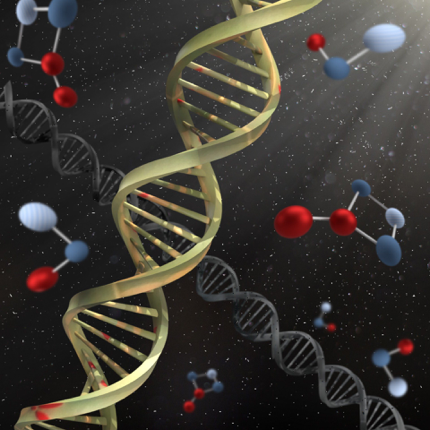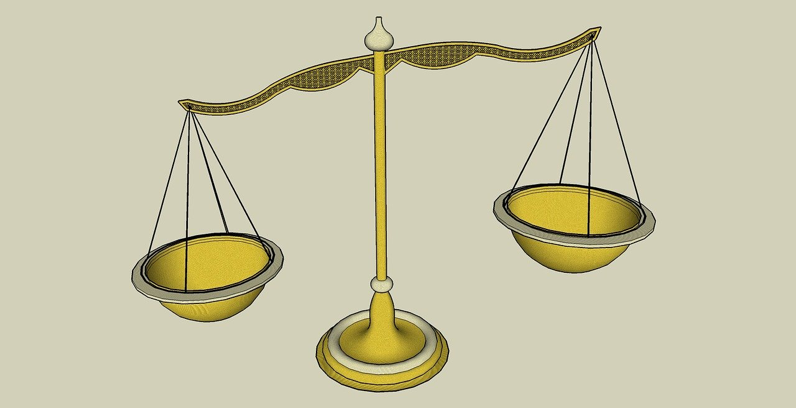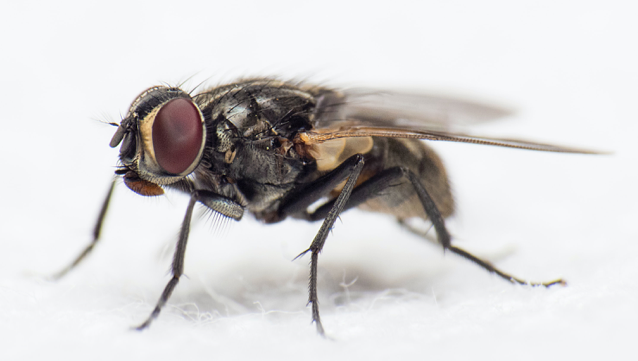By Megan Widdows
The average lifespan of a human in the UK in 2020 is 81.4 years, yet everyone knows that this doesn’t mean that we will all live for exactly that length of time. In reality there is a lot of variation in the longevity, or lifespan, of individual people. But what determines this variation?
In humans, the process of aging and our lifespan is dictated by a combination of genetic and non-genetic factors. Some of the most important non-genetic factors come from our environment, especially whether we have access to clean air and water, healthy living conditions and healthcare.
Despite the importance of our environment, it is estimated that around 25% of variation in human characteristics is due to genetic factors. Lots of genes that have been linked to our longevity, and the longevity of other species, have functions to do with the maintenance of our cells or DNA. However, there is still lots we don’t understand about the genetics of aging. For example, we don’t know how much variation there is in these genes between members of the same species, or the impact this may have on our lifespan.
In order to answer some of these questions, a group of scientists analysed the DNA of different fruit flies. Over a period of 35 years, these flies were selectively bred so that they evolved to reproduce late in their lifetime, which indirectly increases their lifespan. The scientists achieved this by only breeding flies that survived to, and were fertile at, a relatively old age. These flies then passed on to their offspring the genes that enabled them to live longer and reproduce later. The cycle continued for generation after generation.

After 35 years, the flies had evolved to have successful late-life fertility and their lifespan had increased by around 40–50% compared to flies that had not been selectively bred. However, there was a cost. They were now less able to reproduce successfully in early life. This is what is known as an evolutionary trade off, where a change in one trait that increases fitness results in a linked change in another trait, which reduces fitness.
Using a technique called Whole Genome Sequencing, the scientists identified many different genes that had been affected by artificial selection for longer lives. Based on existing knowledge, the scientists expected to find an over-representation of genes that have already been linked to longer lifespans in other studies. Instead, they found that there was an over-representation of genes involved in immunity.

Our immune system is fundamental to keeping us healthy. Its main job is to provide protection from pathogens, which are bacteria, viruses or other microorganisms that can make us unwell. One way the immune system does this is though the production of antimicrobial peptides, small molecules that break down invading pathogens.
The study found that, as the longer-lived flies aged, the production rate of these antimicrobial peptides declined. This may sound like an unfortunate response, but it actually resulted in an increased ability to survive fungal, bacterial and viral infections. This suggests that the flies may have evolved mechanisms of reducing the impact of immunosenescence, which is the gradual deterioration of the immune system that happens naturally as we age. The immune system remained fully functional in old age, preventing dysfunction such as the development of autoimmune disease.
In contrast, the short-lived flies had an increased production of antimicrobial peptides with old age, which led to a reduced capacity to fight off infection. This suggests that the flies could be suffering from so-called immune over-activation, where the immune system produces an inappropriately large response to an invading pathogen.

An optimum immune response relies on finding a balance between efficiently killing pathogens and limiting the damage caused by an immune response, especially as a result of prolonged inflammation. Normally as an organism ages, there is a reduction in the ability to control gene expression, which is the process by which the instructions in our DNA are converted into functional products such as a proteins. This means older organisms lose some of their inherent control over the production of proteins, including antimicrobial peptides. In this case, this leads to excess production of antimicrobial peptides and immune over-activation. It appears that the longer-lived flies have evolved a mechanism to prevent this from occurring, which could explain their greater longevity.
The findings of this study will have ongoing ramifications in the fields of evolutionary genetics and the study of aging, demonstrating the important role that the immune system plays in increasing longevity. This coincides with growing evidence to suggest that aging, inflammation and immunity are all delicately intertwined right down to the molecular level. This study will open the door to further research, including determining how changes to the immune system can actually increase life span.
The study mentioned in this article can be found here. A glossary of key terms is provided below.
Tell us what you think about this blog…
We are trying to understand who reads our blogs and why, to help us improve their content.
By completing this survey, you agree that you are over the age of 18 and that your responses can be used in research at the University of Sheffield to evaluate the effect of blogging in science communication.
Glossary
Antimicrobial peptides – small proteins that are produced as a first line of defence against invading pathogens, part of the innate immune system.
Autoimmune disease – an illness that causes the immune system to attack its own tissue or cells.
Gene expression – the process by which DNA is converted into a functional gene product, such as a protein.
Longevity – the amount of time an organism lives, another word for lifespan.
Pathogen – microorganisms (i.e. bacteria, viruses, fungi, protozoa) that can cause disease.
